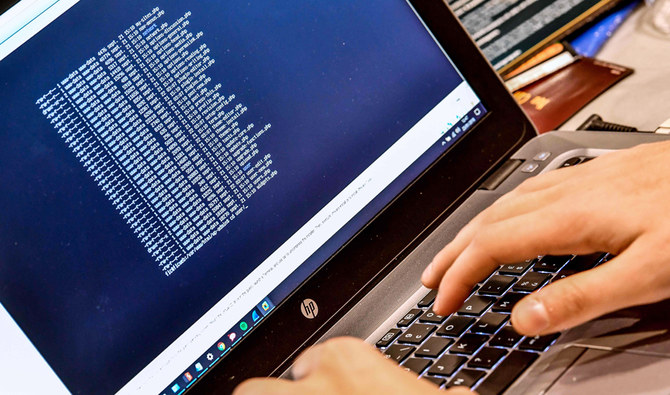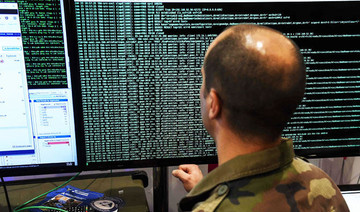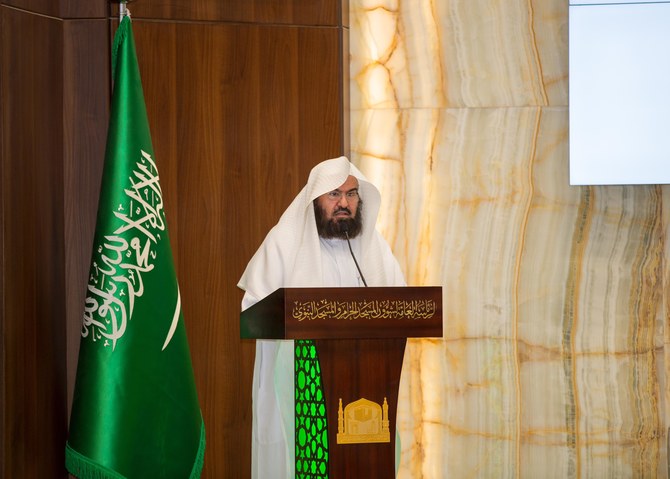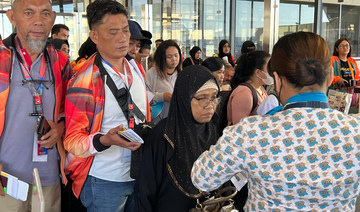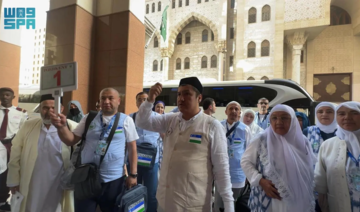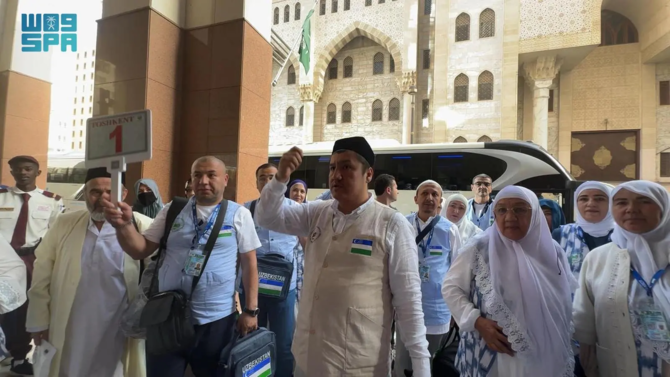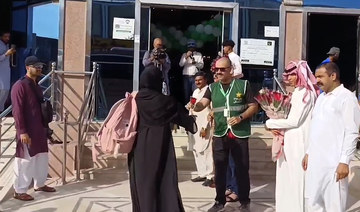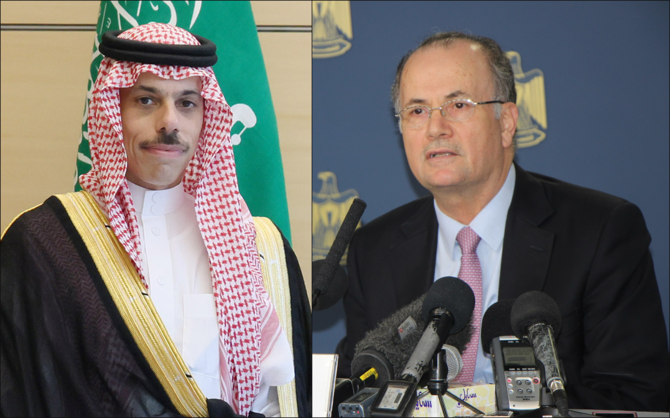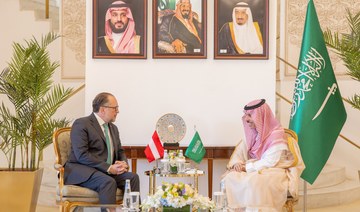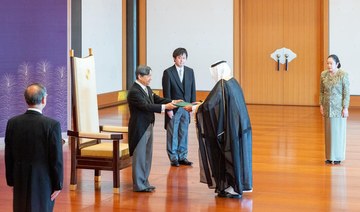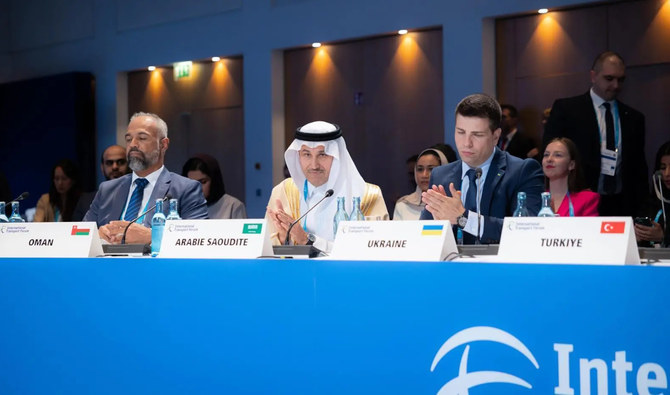JEDDAH: Saudi youth hold the key to securing the Kingdom from future cyberattacks, industry experts claim.
And continued state investment in the digital security sector was vital in helping to achieve the social and economic goals of the Vision 2030 reform plan.
“Cybersecurity is a sensitive aspect of national security. Every country needs to mitigate the risk of cyberattacks and protect its assets in the cyberworld, and this is as important as protecting countries in the physical world,” said Dalal Al-Harthi, a cloud security engineer with Farmers Insurance Co.
“In today’s world, our dependence on the internet in all aspects of life has necessitated protecting our assets in the cyberworld. Cybersecurity encompasses everything that pertains to protecting our sensitive data at a government and corporate level from cyber thefts and damage attempts,” added the 32-year-old University of California Ph.D. candidate in computer science.
Dr. Muhammad Khurram Khan, a professor of cybersecurity at King Saud University and founder of the Global Foundation for Cyber Studies and Research, in Washington, D.C., told Arab News: “After the Saudi Aramco incident (Shamoon cyberattack) in 2012, the (Saudi) government embarked on a journey to bootstrap its resources toward building a resilient cybersecurity ecosystem to address the cyber risks from internal and external hostile adversaries.
“During the last few years, several local universities have commenced degree programs in cybersecurity to prepare skilled and professional experts to cater for the demand of the local public- and private-sector organizations,” he said.
The importance of the sector to Saudi Arabia has been reflected in its setting up of several dedicated organizations such as the National Cybersecurity Authority (NCA), the Saudi Federation for Cybersecurity, Programming, and Drones (SAFCSP), and the Prince Mohammed bin Salman College of Cybersecurity, Artificial Intelligence, and Advanced Technologies.
Al-Harthi said cybersecurity in Saudi Arabia was solid, reliable, and well-recognized, highlighting the Kingdom’s ranking of 13th globally, and first in the Arab world, among 175 states in the Global Cybersecurity Index (GCI) issued by the UN International Telecommunication Union for 2018.
“The Saudi government cares about cybersecurity and provides all facilities to ensure the security of organizations’ networks and systems. Of course, like all aspects of life, continuity in the development of the cybersecurity field is vital,” she said.
Bayader Al-Ghamdi, a 26-year-old Saudi cybersecurity researcher at US industrial service company Baker Hughes, said the Kingdom was making great strides toward developing the skills of future generations by providing training programs ending with employment, cybercamps, workshops, and competitions.
“The Kingdom has demonstrated its efforts in light of the coronavirus disease (COVID-19) crisis by offering remote competitions such as the Homathon contest and workshops such as Cyber Nights that were held in Ramadan, under the SAFCSP,” she told Arab News.
Al-Ghamdi pointed out that after the cyberattack targeting Saudi Aramco, and the launch of the Kingdom’s Vision 2030 plan to develop and benefit from its youth in protecting their country, the awareness of people had risen.
“The Saudi cybersecurity federation founded a platform which is the only one in the Middle East to serve companies and government agencies to discover software vulnerabilities and address them through the help of Saudi security researchers.”
Khan noted that the National Cybersecurity Center (NCSC), established in 2016, and the NCA which followed a year later were built to boost the Kingdom’s cybersecurity and defend the national infrastructure.
“Many talented cybersecurity professionals have started off their companies locally, which are not only providing jobs to the talent but also fueling the national economy and providing cybersecurity products and services to the industry.”
He said that it was important to increase the number of cybersecurity experts in the Kingdom, adding that a study by Cybersecurity Ventures had shown there would be 3.5 million unfilled cybersecurity jobs globally by 2021, up from 1 million positions in 2014.
“Saudi Arabia will also have a huge number of jobs in this profession so we need to work out from inception to meet this challenge and build highly skilled professionals and experts with hands-on training and experience to address the cybersecurity risks.”



